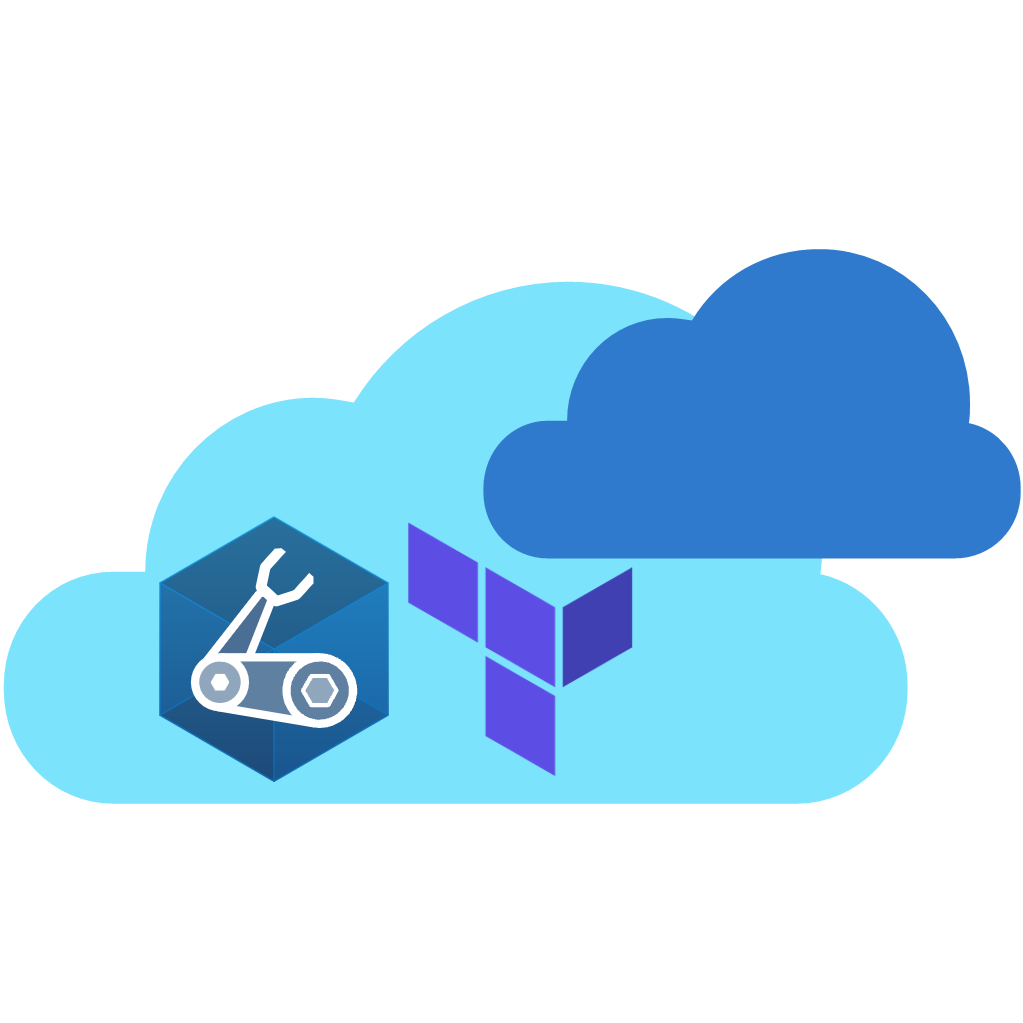SFR3 - Deployment/Usage Telemetry
We will maintain a set of CSV files in the AVM Central Repo (
Azure/Azure-Verified-Modules) with the required TelemetryId prefixes to enable checks to utilize this list to ensure the correct IDs are used. To see the formatted content of these CSV files with additional information, please visit the AVM Module Indexes page.SFR4 - Telemetry Enablement Flexibility
The telemetry enablement MUST be on/enabled by default, however this MUST be able to be disabled by a module consumer by setting the below parameter/variable value to
false:
- Bicep:
enableTelemetry- Terraform:
enable_telemetryWhenever a module references AVM modules that implement the telemetry parameter (e.g., a pattern module that uses AVM resource modules), the telemetry parameter value MUST be passed through to these modules. This is necessary to ensure a consumer can reliably enable & disable the telemetry feature for all used modules.SFR5 - Availability Zones
Modules that deploy zone-redundant resources MUST enable the spanning across as many zones as possible by default, typically all 3.
Modules that deploy zonal resources MUST provide the ability to specify a zone for the resources to be deployed/pinned to. However, they MUST NOT default to a particular zone by default, e.g.
1in an effort to make the consumer aware of the zone they are selecting to suit their architecture requirements.SFR6 - Data Redundancy
Modules that deploy resources or patterns that support data redundancy SHOULD enable this to the highest possible value by default, e.g.
RA-GZRS. When a resource or pattern doesn’t provide the ability to specify data redundancy as a simple property, e.g.GRSetc., then the modules MUST provide the ability to enable data redundancy for the resources or pattern via parameters/variables.SNFR1 - Prescribed Tests
Modules MUST use the prescribed tooling and testing frameworks defined in the language specific specs.
SNFR10 - MIT Licensing
A module MUST be published with the MIT License in the Azure GitHub organization.
SNFR11 - Issues Response Times
A module owner MUST respond to logged issues within 3 business days. See Module Support for more information.
SNFR12 - Versions Supported
Only the latest released version of a module MUST be supported.
For example, if an AVM Resource Module is used in an AVM Pattern Module that was working but now is not. The first step by the AVM Pattern Module owner should be to upgrade to the latest version of the AVM Resource Module test and then if not fixed, troubleshoot and fix forward from the that latest version of the AVM Resource Module onwards.
SNFR15 - Automatic Documentation Generation
README documentation MUST be automatically/programmatically generated. MUST include the sections as defined in the language specific requirements BCPNFR2 , TFNFR2 .
SNFR16 - Examples/E2E
An examples/e2e directory MUST exist to provide named scenarios for module deployment.
